3.71 BYN
2.95 BYN
3.44 BYN
Africa - the Future Market for Belarus: The President Demands Specifics in Exports and Projects
A Bright Prospect for the South — On October 30, high-level talks centered on expanding cooperation with African countries. The continent’s potential is enormous! Despite its reputation for significant socio-economic challenges, Africa offers promising opportunities for collaboration — opportunities that Belarus has been increasingly pursuing. However, as Belarusian President Alexander Lukashenko believes, engagement remains insufficiently active.
Our goods, technologies, and expertise are in demand across Africa. Belarus proposes, first, products that meet people’s needs; and second, mutually beneficial cooperation. Today, in this part of the world, not only do the U.S. and China have a presence, but they actively compete alongside Russia, the United Kingdom, and the European Union — all vying for influence and access to resources.
Belarus has conducted a series of visits and negotiations with African nations to establish its presence under the sun. Now, it’s time to turn political capital into tangible projects.
Africa is called the cradle of civilization and the second-largest continent after Eurasia. It is larger than the combined territories of the U.S., China, and Europe. With fifty countries, a complex history, and a population of 1.5 billion, the continent holds vast opportunities.
At first, it was clear that the government was not overly enthusiastic about discussions on Africa, preferring to prepare more thoroughly. But President Lukashenko doesn’t need lengthy treatises — he demands specifics and real work on this promising continent. He sees and feels the potential of the South just as he once did for the East, and the numbers only confirm his conviction.
Alexander Lukashenko, President of Belarus:
"Africa for Belarus is like China thirty years ago: a future market that we must actively enter and conquer with our niches. It is precisely there that the reserve for diversifying exports for our core industries — agriculture, machinery, and fertilizers — lies. The continent’s GDP growth rates surpass global averages (4.2% versus 3.2% in 2025), and demographic growth is even more impressive (2-3% annually). Its negligible share in international trade (2.6% of global exports and 3% of imports) indicates a spring of deferred demand tightening. Additionally, Africa is the next treasure trove of raw materials — holding a third of the world’s mineral reserves, including 8% of global natural gas, 12% of oil, 40% of gold, up to 90% of chromium, and platinum. This makes Africa a locomotive with which we can move forward — but only in a strong, mutually supporting partnership, not by trying to jump onto the last carriage of a departing train".
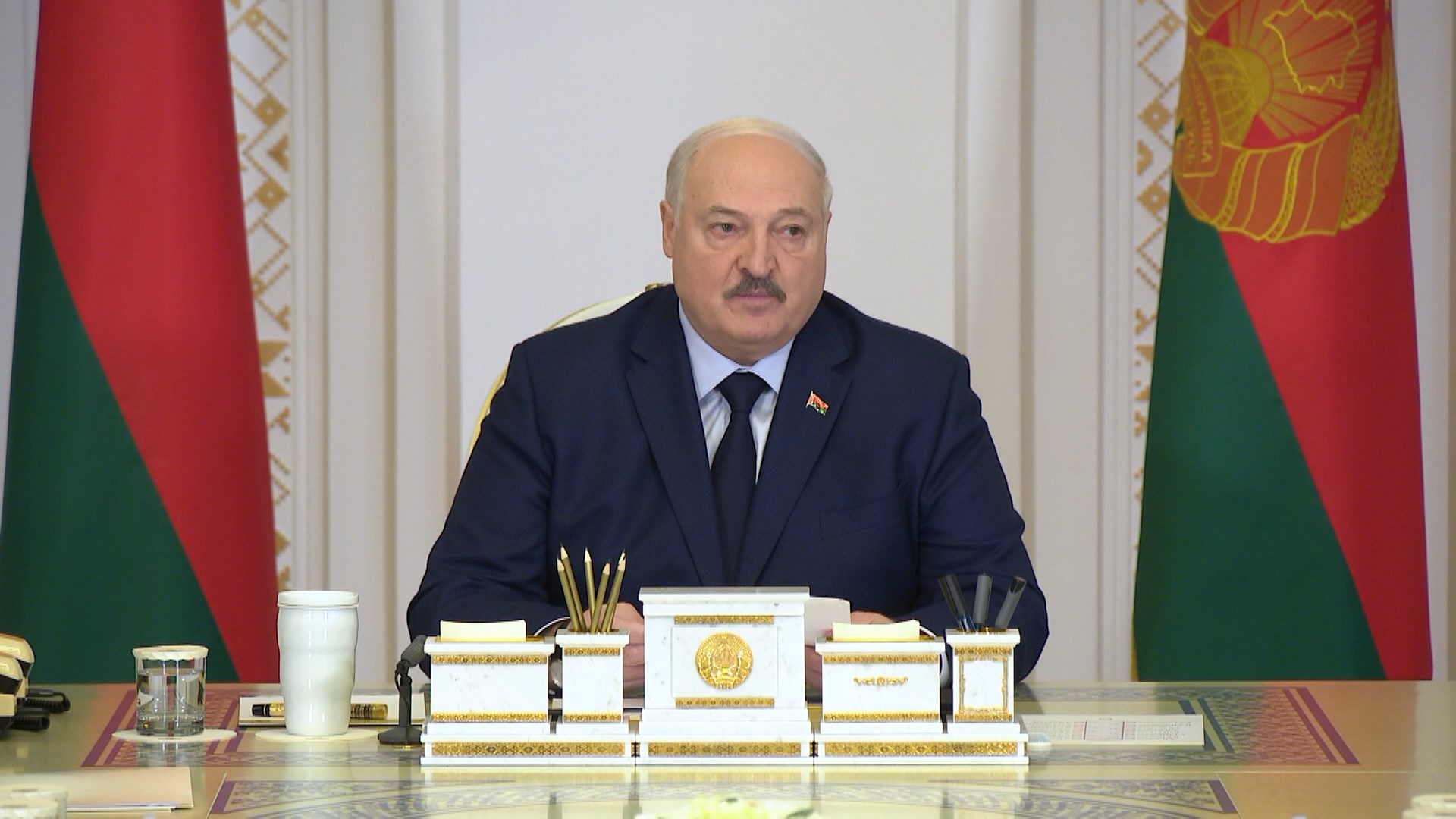
President Lukashenko himself is opening the window to Africa. For years, he has been building bridges with the continent — visits to Egypt, Libya, Sudan, Zimbabwe, Equatorial Guinea — all aimed at securing political guarantees for cooperation and establishing a foothold in these countries.
Importantly, Belarus approaches the region without colonial ambitions, which is appreciated there. The government has adopted a cooperation program with African states, but it is underdeveloped - much less than the potential suggests. Working without tension is impossible.
"Growth rates over 300%. The target for 2025 is $453 million, but in just the first eight months, we’ve already reached $531 million. The export growth rate for goods is 107.2%, versus the national average of 97.5%. It seems like an opportunity. When things are going well, we must build reserves, support the best, and teach others. But what do I see? No signs of systemic work. No adjustments to plans or methods. Meanwhile, this year’s ‘clean’ exports (excluding petroleum products, fertilizers, and specialized goods) amount to less than a quarter of total supplies ($130 million, or 24.5%). Life throws up tasks beyond the government’s relaxed plans. Our main export markets are currently challenging. We will not abandon them and will fight for our consumers. But enterprises and sectors can no longer claim that everything is contracted or that someone in Russia offers a better price. Go further, work harder. The task of leaders is to ensure capacity utilization, jobs, and wages for our people. Especially in difficult times!" - declared Belarus’ leader.
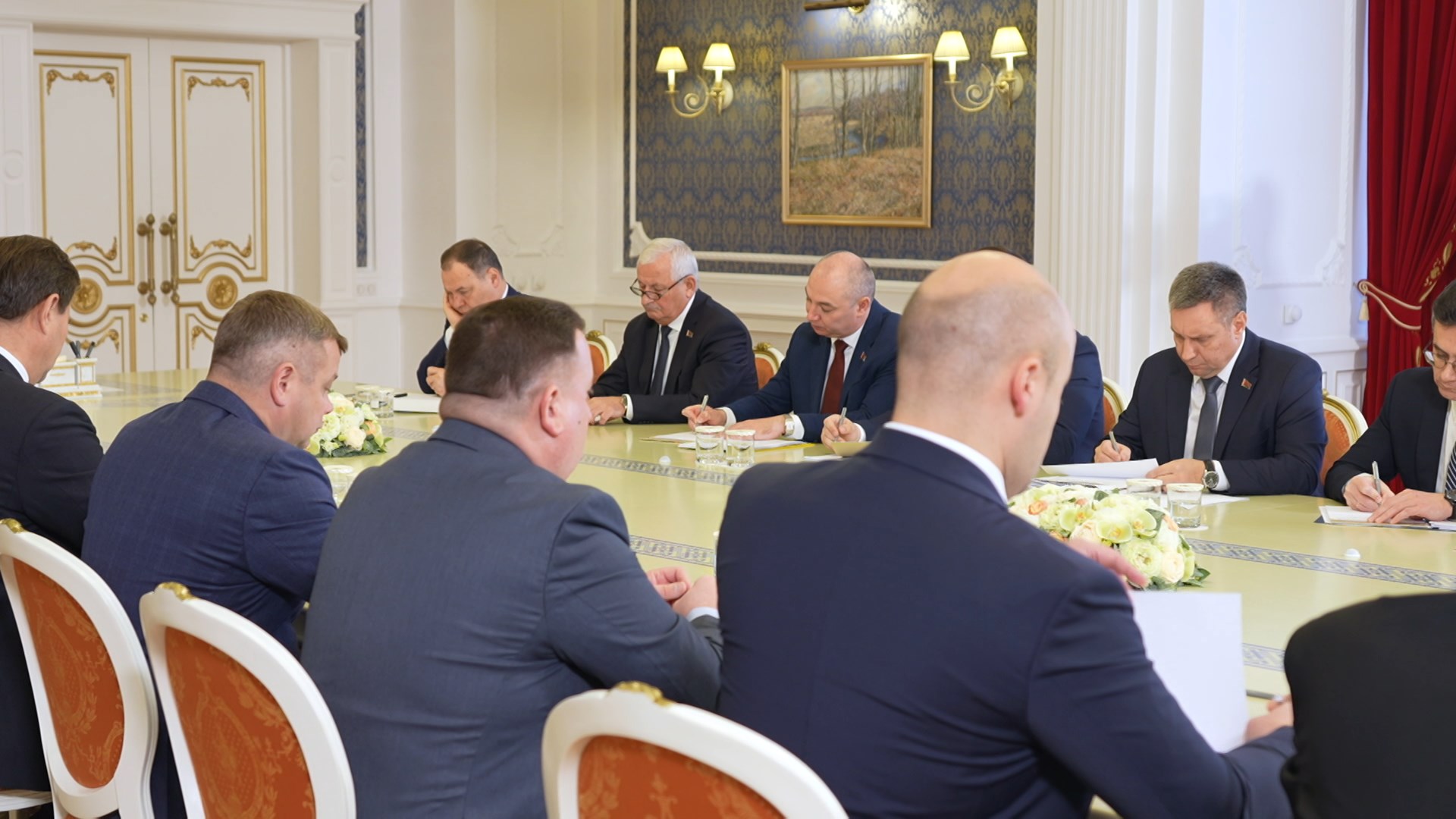
Our African exports are still a drop in the ocean of international supplies. Unfortunately. But, to be fair, the geography of our regional presence is expanding. Whereas before we mainly engaged with North Africa, over the last five years, we’ve built political capital not only with Zimbabwe but also with Nigeria, Ethiopia, and Kenya. Countries like Uganda, Botswana, Ghana, and Mozambique are watching us with interest — and it’s crucial to monetize that interest into projects.
"The Zimbabwean mechanization program is a proven algorithm. We are now successfully cooperating with Nigeria according to the same model. Over 5,000 units of Belarusian agricultural and special equipment have already been delivered, personnel training is underway, and service centers are being established. There are plans to create assembly plants. We understand how to do it, but progress is slow. My question is: which country will be next, and when will we start? We see Algeria ready to elevate relations to a new level with serious projects. Before the visit, we’ll see what the Ministry of Foreign Affairs and government propose. I look forward to discussing specific steps and economic tasks with Algerian President Tebboune soon. Maksim Ryzhenkov just returned from there. Did we miss the boat in Algeria with our equipment?" - asked Lukashenko.
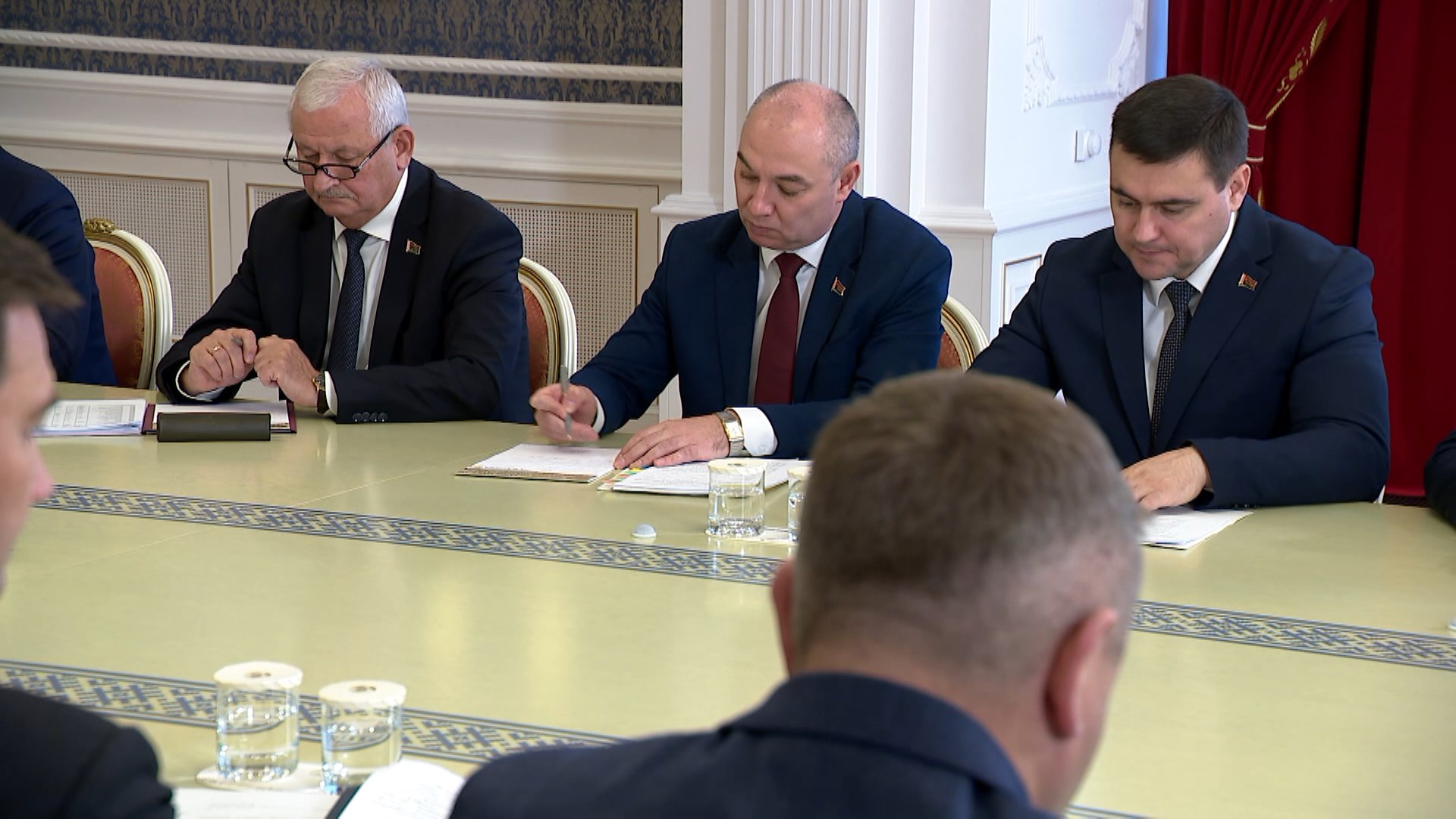
Tractors and other agricultural machinery are doing well in the region. Alongside, we export petroleum products, fertilizers, dairy, but, of course, competition and difficulties exist everywhere. Fluctuations in raw material markets affect payment ability — calculations and partnerships are more complex than in Russia, and logistics are more challenging.
Yes, there are risks — but also opportunities. Belarus is determined to increase exports to at least a billion dollars — and quickly.
Viktor Karankevich, Belarusian Prime Minister:
"The African continent is very important and promising. That’s why it’s crucial to leverage the positive experience we already have with countries like Nigeria and Zimbabwe. First, supplying equipment and establishing service centers, training personnel. Later, transitioning to creating joint large-scale assembly facilities. The next step is to develop joint processing industries, primarily agricultural products, to strengthen food security for our African partners".
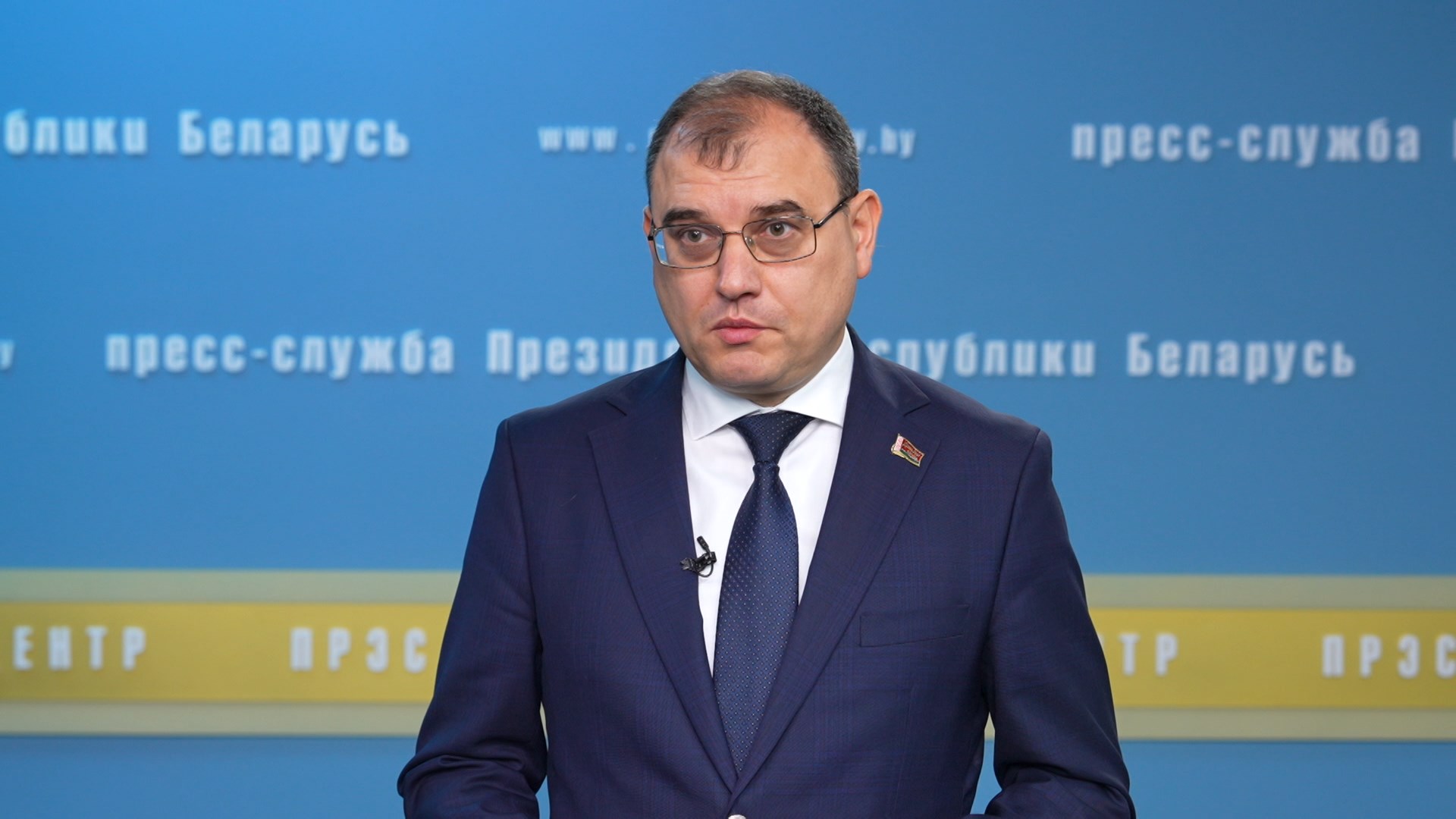
In short, Belarusian enterprises are entering African countries seriously and for the long term. For a continent facing critical issues like food security, this is significant. It might seem that almost everything can be grown there — multiple harvests a year, even — but paradoxically, Africa imports grain and dairy.
Yuri Gorlov, Minister of Agriculture and Food of Belarus:
"Exports of skimmed milk powder and baby food are especially in demand. Our industry has adapted to the African market’s needs, supplying canned baby food. Export contracts are in place, and we are exploring future deliveries of Belarusian beef and poultry to Africa."
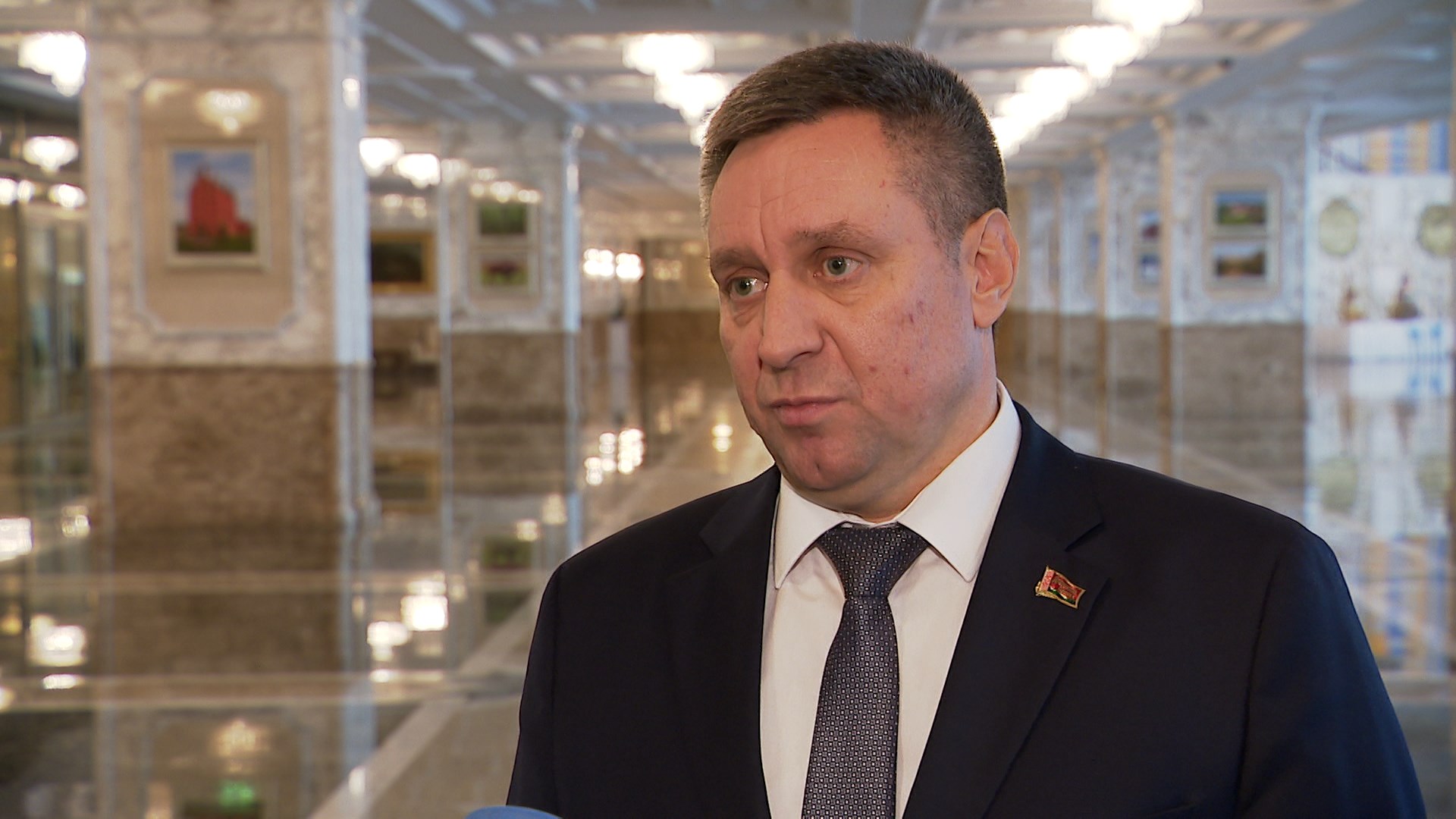
It’s not just about supplying food and equipment but also about helping secure food security. Minsk has already established such cooperation with Zimbabwe, for which its leader regularly thanks Alexander Lukashenko. This comprehensive approach will interest other countries, especially as Belarus also trains specialists.
Andrey Ivanets, Minister of Education of Belarus:
"Export of educational services is a very important activity for the Ministry of Education. We look to all countries. Currently, about 2,600 African students study at Belarusian universities. We set ambitious goals to significantly increase that number."
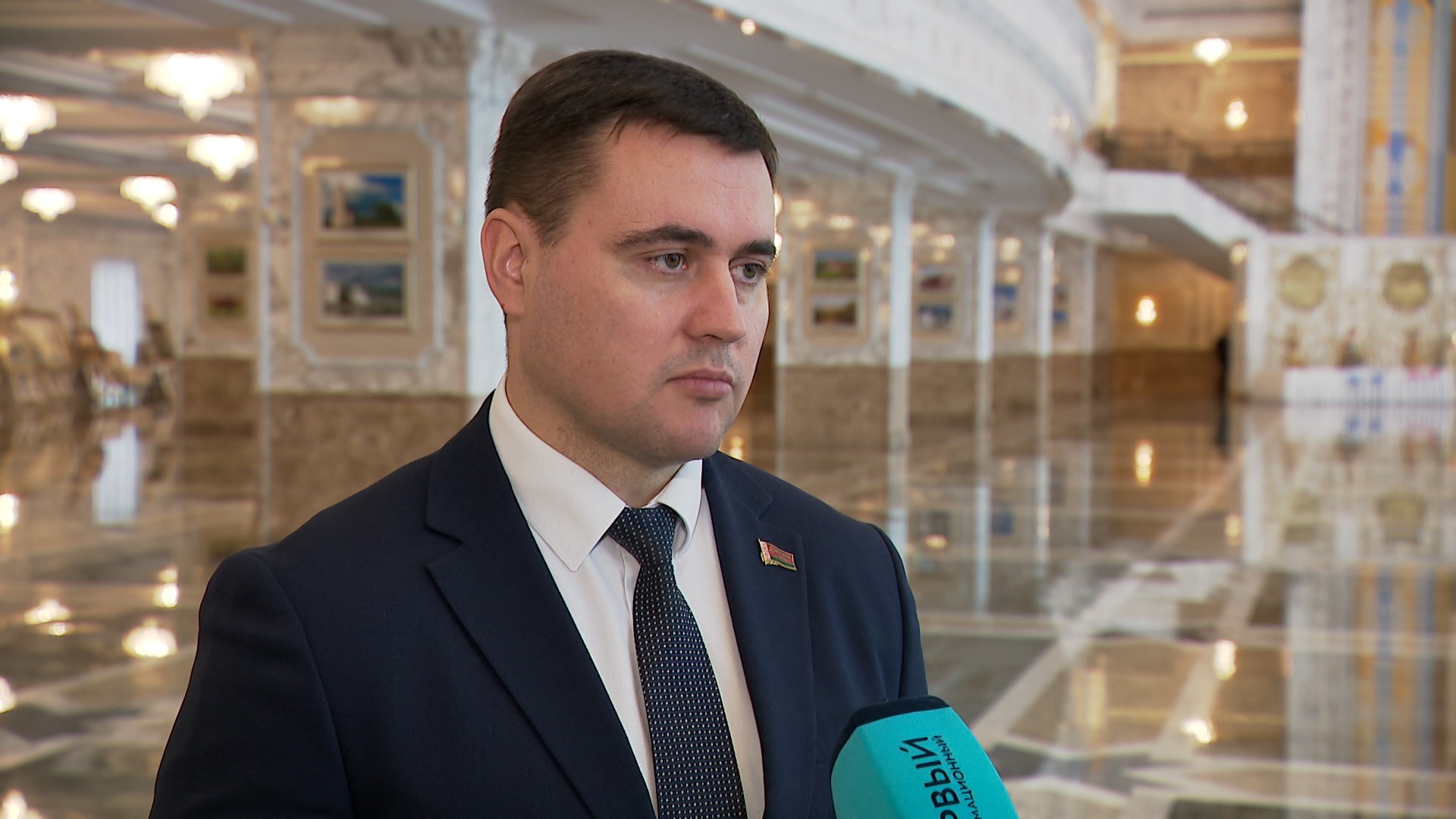
In medicine, around 500 African students graduate from Belarus annually. Every country seeks high-quality healthcare. While future specialists study, Belarus can supply medicines and provide medical services.
"We have significantly increased exports compared to last year," noted Minister of Health Alexander Khodzhaev.
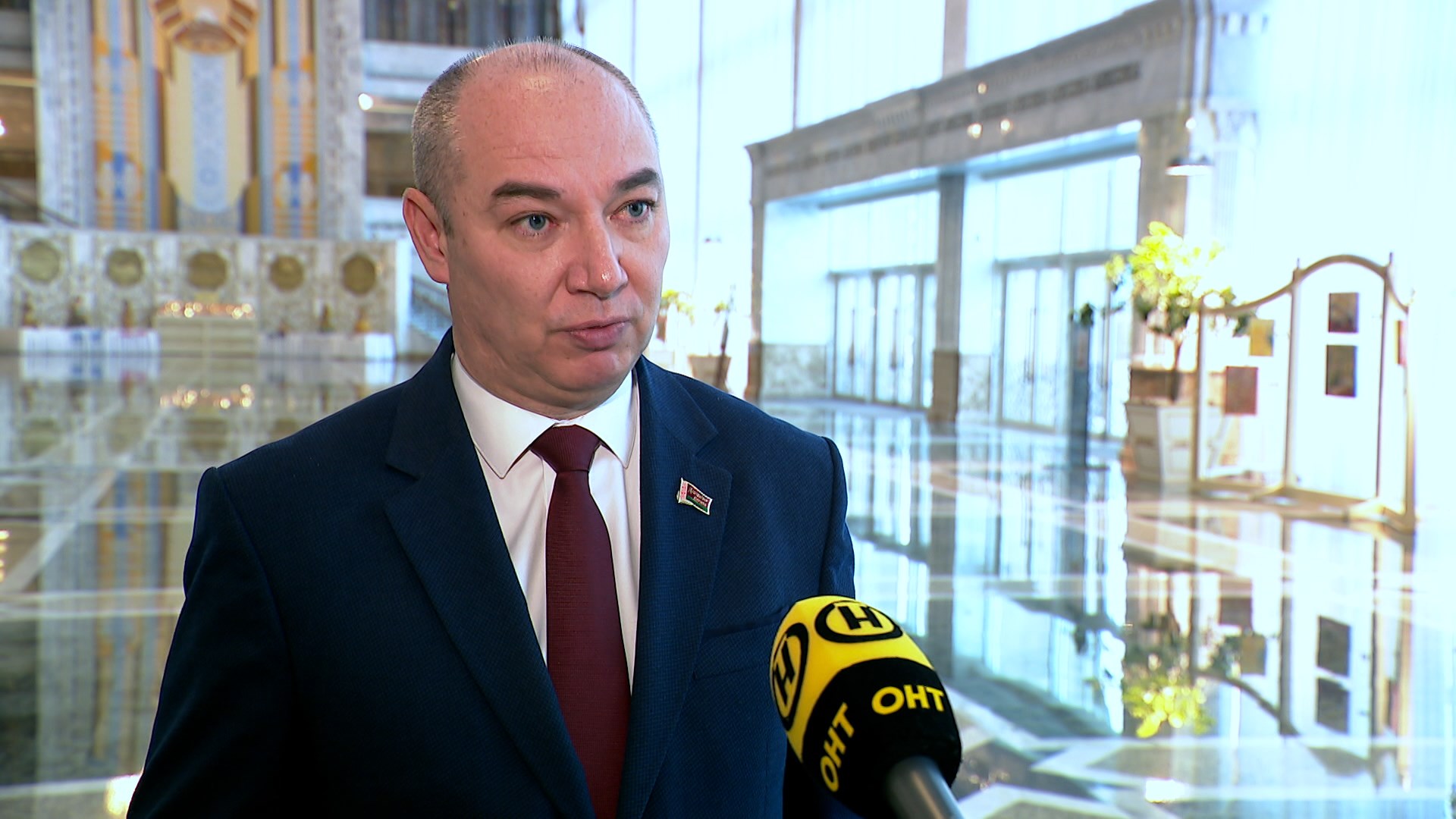
This growth, he explained, results from meticulous work to raise awareness in Africa about Belarus and its quality healthcare.
"It’s not just flyers we send. It’s opinions based on experience - people come and receive help", the minister clarified.
Belarus does not aim for sky-high plans in Africa; instead, focusing on practical, useful offerings will yield better results.















